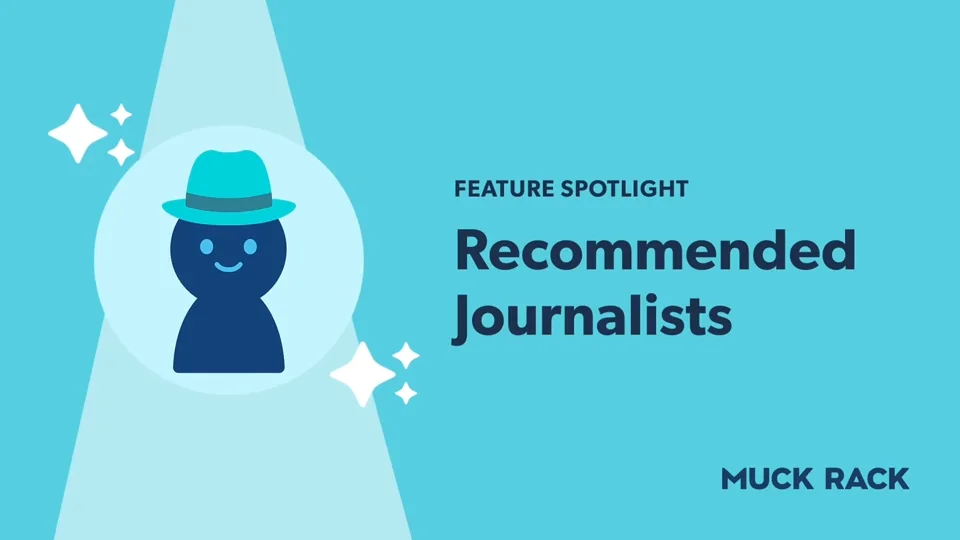So, I had this thing, right? A project I was working on, something I thought was pretty neat for the entertainment crowd. And my first thought, naturally, was Entertainment Weekly. I mean, who else, yeah? But getting their attention, that’s another story. I figured, “Okay, let’s be professional about this,” and remembered hearing about Muck Rack. Everyone in PR or media seems to mention it, so I thought, “Let’s see what this Muck Rack thing can do for my Entertainment Weekly quest.”
Diving into the ‘Rack’
First off, getting onto Muck Rack was easy enough. Made an account, or logged in, whatever it was. Then I punched in “Entertainment Weekly” into their search. Bam! A whole list of names popped up. Writers, editors, the whole shebang. Looked promising at first glance, I gotta admit.

But then you start clicking. You know how it is. You see a name, you see a title. “Senior Writer,” “Editor-at-Large.” Sounds fancy. But then you try to figure out if they are the person for your specific angle. That’s where it got a bit… murky. A lot of profiles had generic beats. “Covers film and television.” Well, no kidding, you work at Entertainment Weekly!
- I spent a good hour just sifting through profiles.
- Some folks barely had anything on their Muck Rack page beyond a title.
- Others had links to their articles, which was a bit more helpful, but man, talk about a time sink reading through everything to see if there’s a fit.
The Realization Hit
After a while, it hit me. Muck Rack is basically a giant, organized database. It tells you who works where, what they’ve officially covered. But it doesn’t tell you if they’re swamped, or if they secretly hate the kind of topic I was pitching, or if they just changed beats last week and Muck Rack ain’t caught up yet. It’s a tool, a decent one for a first pass, but it’s not a magic key to the kingdom.
I did find a couple of names that seemed like a slightly better fit than others. More niche, their past articles lined up a tiny bit with what I had. But even then, Muck Rack just gives you the starting point. The real work, the crafting of the pitch, the trying to make a genuine connection, that’s all still on you. It’s not like you find a name and suddenly they’re your best friend waiting for your email.
My big takeaway? Muck Rack, for something like targeting Entertainment Weekly, it gets you in the ballpark. It shows you the players on the field. But you still gotta figure out who’s playing what position today, and if they’re even looking for a new ball to be thrown their way. It’s one piece of the puzzle. A useful piece, sure, but don’t expect it to solve the whole thing. You end up needing more, or just plain old luck and persistence. Just like with anything else, really. It’s not like they’re just sitting there waiting for my brilliant idea from some Muck Rack search. You still gotta do the legwork. It’s work, plain and simple. That’s what I figured out messing with Muck Rack and Entertainment Weekly.



















